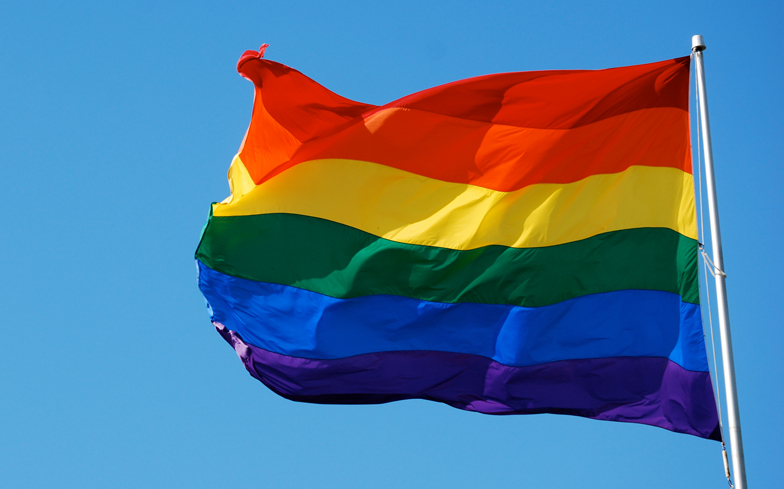
The state could have become the 15th U.S. state to ban the harmful practice.
A bid to ban gay ‘cure’ therapy on minors in Massachusetts failed in the dying hours of the 2018 legislative session, after arguments surrounding the wording of the bill.
The bill had successfully passed through the Senate and the House of Representatives, and was due to be sent off to the state governor’s desk. However, a disagreement arose over the wording of part of the bill.
The wording concerned would have labelled gay ‘cure’ therapy child abuse, and would have given child protection service agencies the right to take a child away from their parents if they were forced to undergo gay ‘cure’ therapy.
The State Senate supported the wording, but the House of Representatives didn’t. And as the State Senate wasn’t able to make the technical changes to the bill in time, it failed to pass.
Deborah Shields, an attorney and the executive director of Mass Equality said that the bill would be reintroduced when the legislative houses return in January 2019.
However, because the bill failed it will have to start its legislative journey all over again. Commenting on this, Shields said: “So we have to start the battle all over again. As you can probably tell, I’m frustrated and aggravated by the whole process.”
By the time that the legislation begins its journey again at least 14 separate U.S. states will have implemented bans on the harmful practice.
The states were it’s currently illegal are New Jersey, California, Oregon, Illinois, Vermont, New Mexico, Connecticut, Rhode Island, Nevada, Washington, Hawaii and Delaware.
Maryland and New Hampshire have voted to ban the practice, but their bans won’t be put in place until October 1 and January 1, 2019 respectively.
Five other states currently have legislation to ban the practice pending. Those states are Iowa, Michigan, Minnesota, New York and Pennsylvania. Puerto Rico, which is an unincorporated part of the United States, also has legislation pending.
Last month, Maine passed a bill banning the practice, however, the state’s governor Chris LePage became the first state governor to veto the law. Citing threats to an “individual’s religious liberty” he said: “Parents have the right to seek counsel and treatment for their children from professionals who do not oppose the parents’ own religious beliefs.”



